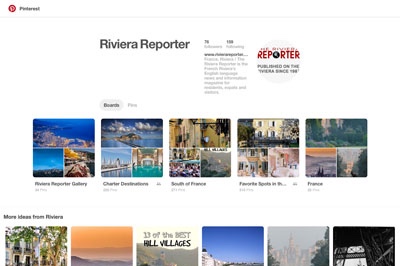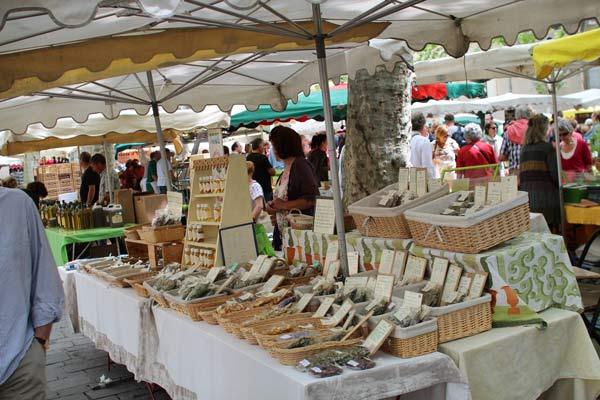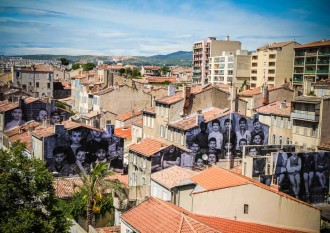 The “Venice of Provence”, Port Grimaud in the Gulf of St Tropez.
The “Venice of Provence”, Port Grimaud in the Gulf of St Tropez. Photo: Jan Hiltermann
Harbours did exist, but mainly where a river joined the sea or where there was some other natural feature. Nice for instance had no harbour at all for centuries of import/export trade, although most goods travelled by sea because the roads were so poor through the hilly landscape. Consequently, the cargo vessels had to load and unload on the Ponchettes beach, long before the Quai des Etats-Unis was developed, or in the sheltered Bay of Villefranche. It was only in 1749 that carving out the actual Port Lympia was started with the primitive machinery of the time and the hard manual labour of the “navvies”, many from the nearby convict prison.
But Nice and the other public ports were for commerce and fishing, and Nice became also a ferry port for Corsica, 98 miles southeast. Yachting for pleasure was far from the minds of those 18th-century coastal folk trying to scratch a meagre living here and to keep the dreaded Barbary pirates at bay. It was the invention of the steam engine that permitted the (mainly British) wealthy tycoons and aristocracy to construct large steam yachts and cruise these Mediterranean coasts. Prince Albert I of Monaco was himself a pioneer from the 1880s with three successive yachts, which he used for scientific exploration of the oceans and their flora and fauna. Yachts of steel and wood followed over the next 100 years, but it was the advent of plastic which enabled the shipbuilding yards to be replaced after WWII, with factories churning out hundreds of yachts. This created a huge demand for berths to keep all these boats, and investors saw a profitable new field.
All the marinas along the Riviera were financed like a housing copropriété, the construction being financed by the sale of apartments or, in this case, of berths. In fact buyers received shares in the marina company, which conferred the right to lease a berth but not necessarily the one coveted.
Shareholders pay annual charges for maintenance, staff, cleaning the quays and yacht basin, for buoyage, lighting and security, for consumables etc. Over the years, yachts have tended to get wider, and the marinas have often met the new demand by converting 6 original stern-to places into 5 wider ones, requiring the berth-holders to buy extra shares. For decades, the Reporter recommended buying a long lease on a berth as the best investment available. But those days are over because the 50-year concessions are nearing expiry and the marinas will revert to the State. Profitable while it lasted but – like a gold mine – worth nothing once all the metal is extracted. We shall then all become pure tenants, and the local communes will benefit. And, unlike on the Italian Riviera, no new marinas are being built. The only buyers now are not buy-to-rent speculators, but real boat-owners, who desperately need a place to park their yacht – NOW.

















